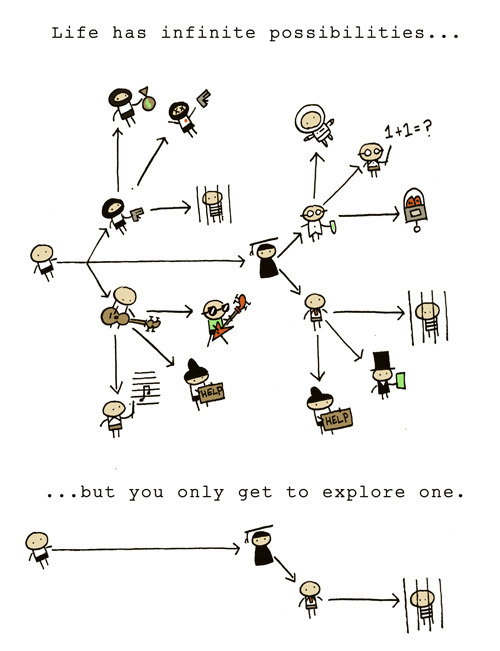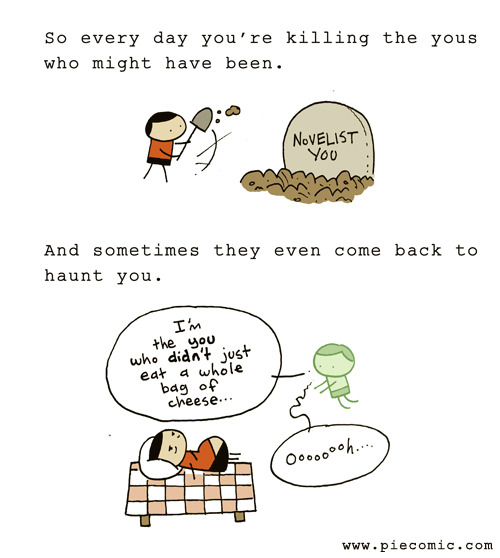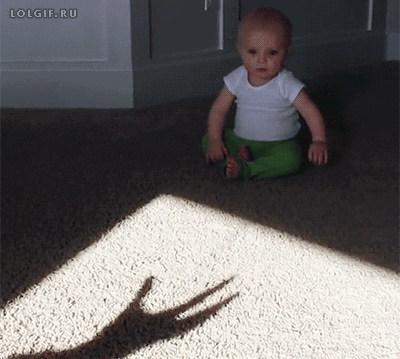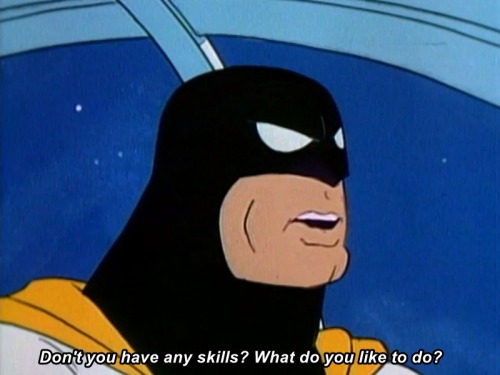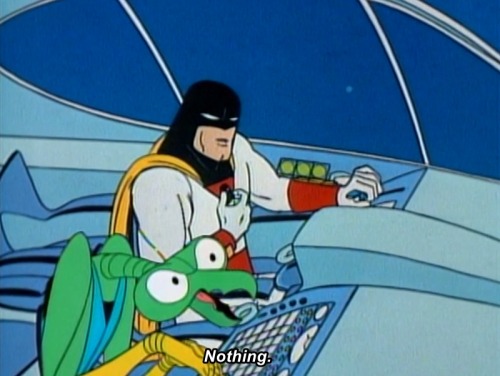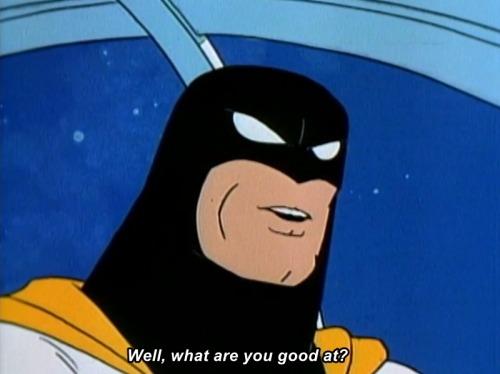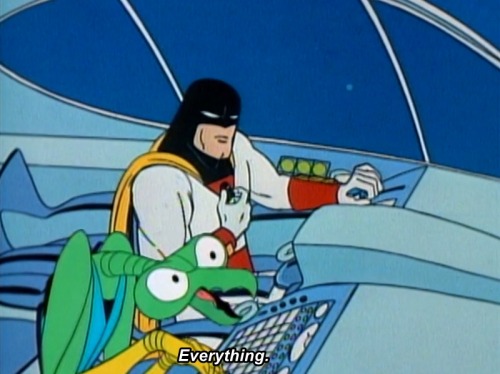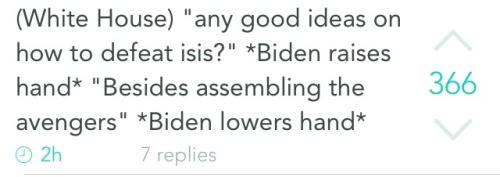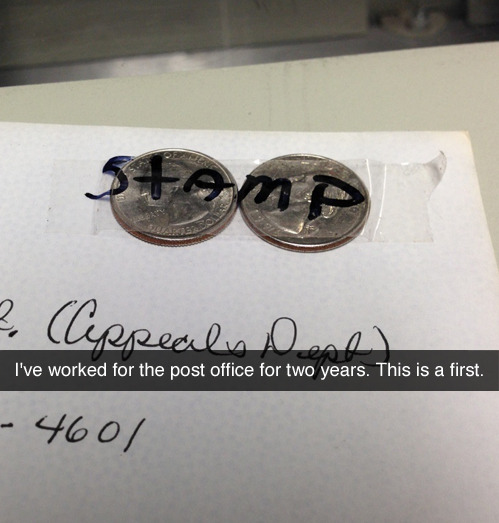
Shared posts
sopranish:blackbarmitzvahs:Can you imagine the conversation...
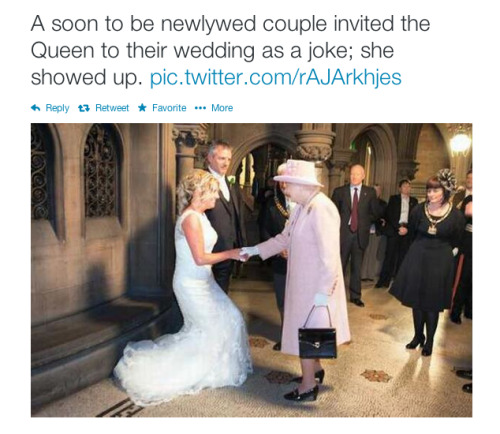
Can you imagine the conversation though?
Queen: I’m going
Chief of Staff: But, Your Majesty, the security risks…
Queen: I’m going I want cake
Chief of Staff:
Queen:
Chief of Staff:
Queen: I want cake
Bride: Eh, it’s fine, it’s not like the Queen is coming
Groom: Totally
Queen: Heyoooo
yungchub: This is more dramatic than the endof lost in...
neilnevins: nathanael-platier: We freed them…but at what...

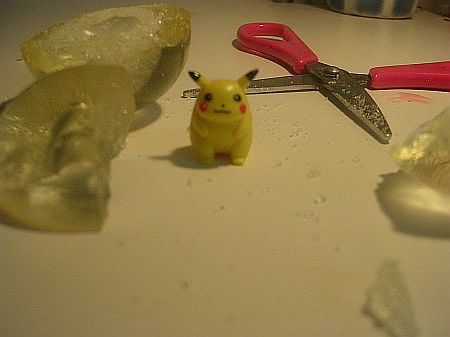



We freed them…but at what cost?
that ball wasn’t there to trap them
it was to protect us
Google now lets you upload 50,000 songs to the cloud for free

Google's taking a big step out in front of its music streaming competitors today. The company has just announced that effective immediately, you'll be able to upload up to 50,000 songs from your personal music collection and store them in the cloud through Google Play Music — all for free. The previous limit was 20,000.
Mary Poppins Sings a Death Metal Version of ‘Supercalifragilisticexpialidocious’
Andy Rehfeldt (previously) created a fantastic mashup featuring English super nanny Mary Poppins singing a death metal version of the her trademark song “Supercalifragilisticexpialidocious“. Singers Sera Hatchett of Mercy Brown and Thomas Hinds performed the vocals, Andy Rehfeldt played all the instruments, and music producer Grant Cornish did all the arrangements.
Here’s the original version of the song.
Who Says Coding Isn't Fun?
February 25, 2015

In case you missed it, thanks to our patreon subscribers, old comics are now getting voteys! If we raise a bit more, I'll increase the rate to 2 a day!
Women Are Leaving The Tech Industry In Droves
Project handover

by uaiHebert
172. ISAAC ASIMOV: A lifetime of learning
Isaac Asimov (1920-1992) was a writer, known for his contribution to science fiction (including The Three Laws of Robotics, I, Robot and the Foundation series) and his staggering work in other genres and non-fiction.
Asimov had a formal education in chemistry, earning his PhD and working as a chemist for the Navy during WWII. He taught biochemistry and later became a professor at the Boston Univeristy of Medicine, all while writing stories for fantasy magazines in his spare time. He finally left the University in 1958 to focus on writing. Asimov’s output was truly mind-blowing, writing over 500 (!!!) books and 90,000 letters. He said: “Writing is my only interest. Even speaking is an interruption.”
Asimov’s non-fiction books were mostly on astronomy, but his other titles covered general science, history, mathematics, physics, Shakespeare, the Bible and mythology. He was completely self-taught in these areas and was successful for being able to take difficult scientific concepts and make them entertaining for the general public. He said he could “read a dozen dull books and make one interesting book out of them.” To get some idea of how vast Asimov’s knowledge was, his books appear in nine of the ten Dewey Decimal Classes.
The quotes used in this comic are taken from a fantastic interview Asimov did in 1988 (which you can watch on YouTube). In it, Asimov predicts how in the near-future, personal computers will help anyone learn anything ‘that strikes their fancy’ in the privacy of their own home and at their own leisure. Of course, that prediction came true with the internet, and even though the technology from The Matrix isn’t available yet, where we could upload information directly into our brain and shout “I know kung-fu!”, it has never been easier to learn whatever you want, no matter how niche. Thanks to reader Jenny for sending me the quote and the Brain Pickings article that featured the interview.
RELATED COMICS: Carl Sagan Pale Blue Dot. Richard Dawkins The Lucky Ones. Albert Einstein A Human Being is Part of the Whole. Jack London I Would Rather be Ashes Than Dust.
– I admit not having read any of Asimov’s books. Where should I start? The Foundation series? His story Nightfall was voted the best short science fiction story of all-time, so maybe that?
– Asimov said that one of only two men he knew who was smarter than himself was his good friend Carl Sagan.
onlyleigh:"There’s a lot to be said for making people laugh. Did...










"There’s a lot to be said for making people laugh. Did you know that that’s all some people have? It isn’t much, but it’s better than nothing in this cockeyed caravan."
ofsparrows:Breakfast sorcery: the only superpower I want to...
'The Architect' by Erik Johansson really confuses my mind!
Oliver Sacks on Learning He Has Terminal Cancer

A MONTH ago, I felt that I was in good health, even robust health. At 81, I still swim a mile a day. But my luck has run out — a few weeks ago I learned that I have multiple metastases in the liver. Nine years ago it was discovered that I had a rare tumor of the eye, an ocular melanoma. Although the radiation and lasering to remove the tumor ultimately left me blind in that eye, only in very rare cases do such tumors metastasize. I am among the unlucky 2 percent.
I feel grateful that I have been granted nine years of good health and productivity since the original diagnosis, but now I am face to face with dying. The cancer occupies a third of my liver, and though its advance may be slowed, this particular sort of cancer cannot be halted.
It is up to me now to choose how to live out the months that remain to me. I have to live in the richest, deepest, most productive way I can. In this I am encouraged by the words of one of my favorite philosophers, David Hume, who, upon learning that he was mortally ill at age 65, wrote a short autobiography in a single day in April of 1776. He titled it “My Own Life.”
“I now reckon upon a speedy dissolution,” he wrote. “I have suffered very little pain from my disorder; and what is more strange, have, notwithstanding the great decline of my person, never suffered a moment’s abatement of my spirits. I possess the same ardour as ever in study, and the same gaiety in company.”
I have been lucky enough to live past 80, and the 15 years allotted to me beyond Hume’s three score and five have been equally rich in work and love. In that time, I have published five books and completed an autobiography (rather longer than Hume’s few pages) to be published this spring; I have several other books nearly finished.
Hume continued, “I am ... a man of mild dispositions, of command of temper, of an open, social, and cheerful humour, capable of attachment, but little susceptible of enmity, and of great moderation in all my passions.”
Here I depart from Hume. While I have enjoyed loving relationships and friendships and have no real enmities, I cannot say (nor would anyone who knows me say) that I am a man of mild dispositions. On the contrary, I am a man of vehement disposition, with violent enthusiasms, and extreme immoderation in all my passions.
And yet, one line from Hume’s essay strikes me as especially true: “It is difficult,” he wrote, “to be more detached from life than I am at present.”
Over the last few days, I have been able to see my life as from a great altitude, as a sort of landscape, and with a deepening sense of the connection of all its parts. This does not mean I am finished with life.
On the contrary, I feel intensely alive, and I want and hope in the time that remains to deepen my friendships, to say farewell to those I love, to write more, to travel if I have the strength, to achieve new levels of understanding and insight.
This will involve audacity, clarity and plain speaking; trying to straighten my accounts with the world. But there will be time, too, for some fun (and even some silliness, as well).
I feel a sudden clear focus and perspective. There is no time for anything inessential. I must focus on myself, my work and my friends. I shall no longer look at “NewsHour” every night. I shall no longer pay any attention to politics or arguments about global warming.
This is not indifference but detachment — I still care deeply about the Middle East, about global warming, about growing inequality, but these are no longer my business; they belong to the future. I rejoice when I meet gifted young people — even the one who biopsied and diagnosed my metastases. I feel the future is in good hands.
I have been increasingly conscious, for the last 10 years or so, of deaths among my contemporaries. My generation is on the way out, and each death I have felt as an abruption, a tearing away of part of myself. There will be no one like us when we are gone, but then there is no one like anyone else, ever. When people die, they cannot be replaced. They leave holes that cannot be filled, for it is the fate — the genetic and neural fate — of every human being to be a unique individual, to find his own path, to live his own life, to die his own death.
I cannot pretend I am without fear. But my predominant feeling is one of gratitude. I have loved and been loved; I have been given much and I have given something in return; I have read and traveled and thought and written. I have had an intercourse with the world, the special intercourse of writers and readers.
Above all, I have been a sentient being, a thinking animal, on this beautiful planet, and that in itself has been an enormous privilege and adventure.
February 21, 2015
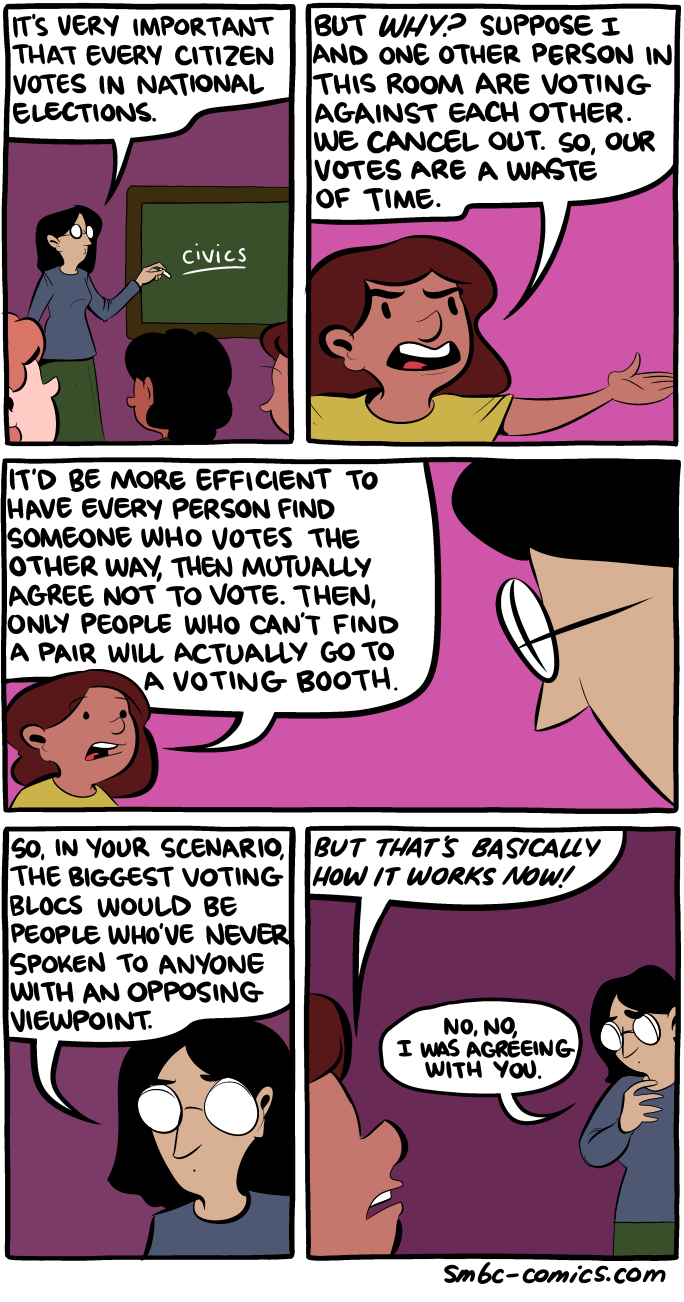
Hehehe. Marty made a recruiting video, involving explosions, for Pinterest.
ghostbanri:this is hands down the most suspicious headline I’ve...
Built to Last - RSS, HTTP
I’m a programmer by trade. And if there’s one thing I’ve learned over the past 17 years doing this professionally, it’s that everything old is new again. There are really only so many patterns, and they just circle back around with new (and often more ridiculous) names.
It’s rare that something really new comes along. I’d argue that the web, more specifically http, offered up the last truly new paradigm in computing. It is a single, elegant standard for distributed systems. We should all take the time every now and then to think about the beauty, power, and simplicity of this standard.
I’ve always had a similar affinity for RSS. If content is going to be distributed all over the world, it’s essential to have an elegant system for syndicating and subscribing to content sources. On top of that, a huge percentage of content sites adopted this standard years ago and still maintain it to this day. Man, are we lucky. I can’t believe how many people still browse from site to site or just take what they can get from Twitter, et al.
It’s easy to get swept up in the latest trends in technology. Hardware, apps, development frameworks, social networks and so on. It’s never ending. But too often it takes us away from what I really want to be able to do with technology. Give me a browser, an RSS reader, and an email account and I’m all set. These are the standards that are built to last. Everything else just comes and goes.














